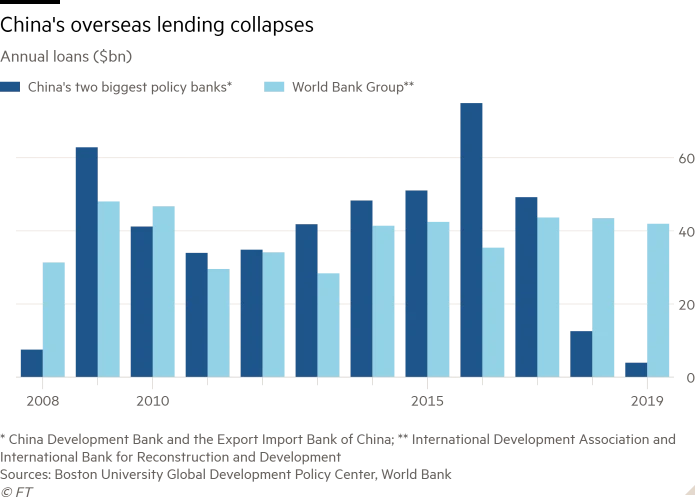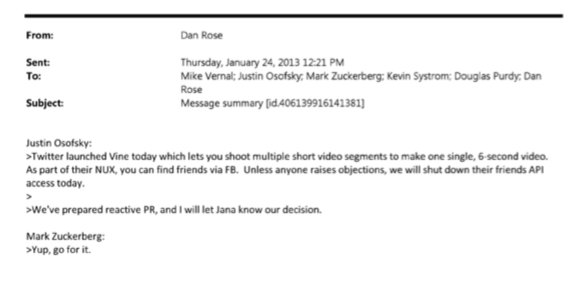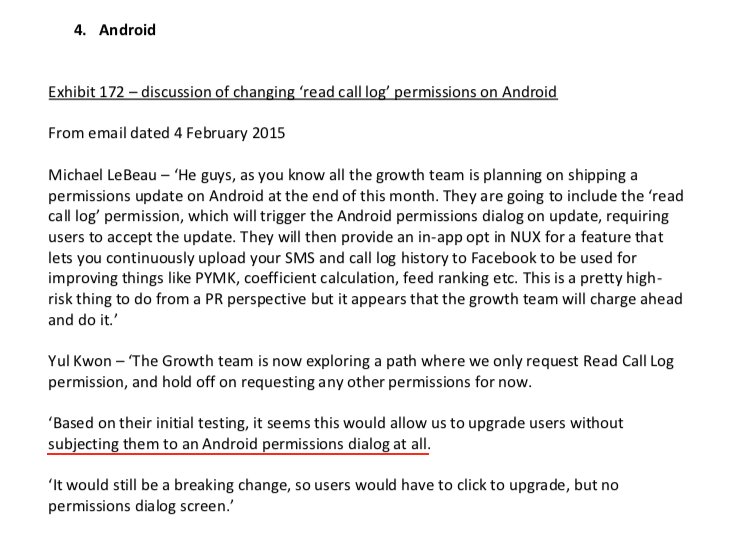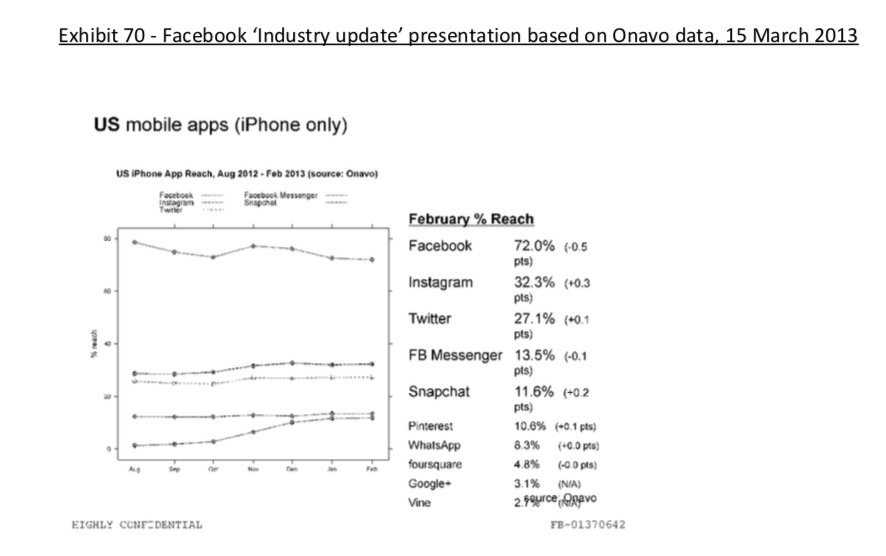As I have been writing since 2011, China’s development lending was always likely to follow the pattern of other countries when they first “went out” (e.g. the US in the 1920s, USSR in the 1950s, Japan in the late 1970s). Because of little historical...
1/9
Good article. But while growing international criticism and rising trade tensions may have had some impact, as the article suggests, I don’t think they really explain the great reversal in BRI lending of the past few years.
As I have been writing since 2011, China’s development lending was always likely to follow the pattern of other countries when they first “went out” (e.g. the US in the 1920s, USSR in the 1950s, Japan in the late 1970s). Because of little historical...
knowledge and no previous experience, an early rapid rise in development lending would be driven mainly by underestimating risk and an overestimation of their own business "success" in making loans, and would of course be further supported by geopolitical ambitions.
This combination would inevitably lead to bad lending decisions, followed just as inevitably by debt restructuring, loan losses, and a contraction in development lending. In the 1920s, for example, the US set off quite explicitly and aggressively to displace England in...
Latin America, and American businesses and banks assumed they “understood” Latin America much better than the English did, in spite of the vast English experience there, but their early displacement of British lending only resulted in the huge loan losses of the 1930s.
The impression I get from Chinese friends involved in the lending process is that the real shock for Beijing occurred in 2014-15, when cratering oil prices left Venezuela in tatters, and China was forced reluctantly to provide first $4 billion in 2014 and then another $5...
billion in 2015 in cash-for-oil deals.
These and all its previous Venezuelan loans were then restructured for 3 years (and restructured again 3 years later). A friend of mine working on the deal told me at the time that all Latin American lending was now coming under...
much tighter scrutiny, and that there would be no new lending to Venezuela.
It is not surprising to me at all that this is when BRI lending peaked and began subsequently to fall. I don’t think Venezuela was the first loan...

More from Michael Pettis
More from Economy
You May Also Like
BREAKING: @CommonsCMS @DamianCollins just released previously sealed #Six4Three @Facebook documents:
Some random interesting tidbits:
1) Zuck approves shutting down platform API access for Twitter's when Vine is released #competition

2) Facebook engineered ways to access user's call history w/o alerting users:
Team considered access to call history considered 'high PR risk' but 'growth team will charge ahead'. @Facebook created upgrade path to access data w/o subjecting users to Android permissions dialogue.

3) The above also confirms @kashhill and other's suspicion that call history was used to improve PYMK (People You May Know) suggestions and newsfeed rankings.
4) Docs also shed more light into @dseetharaman's story on @Facebook monitoring users' @Onavo VPN activity to determine what competitors to mimic or acquire in 2013.
https://t.co/PwiRIL3v9x

Some random interesting tidbits:
1) Zuck approves shutting down platform API access for Twitter's when Vine is released #competition

2) Facebook engineered ways to access user's call history w/o alerting users:
Team considered access to call history considered 'high PR risk' but 'growth team will charge ahead'. @Facebook created upgrade path to access data w/o subjecting users to Android permissions dialogue.

3) The above also confirms @kashhill and other's suspicion that call history was used to improve PYMK (People You May Know) suggestions and newsfeed rankings.
4) Docs also shed more light into @dseetharaman's story on @Facebook monitoring users' @Onavo VPN activity to determine what competitors to mimic or acquire in 2013.
https://t.co/PwiRIL3v9x













